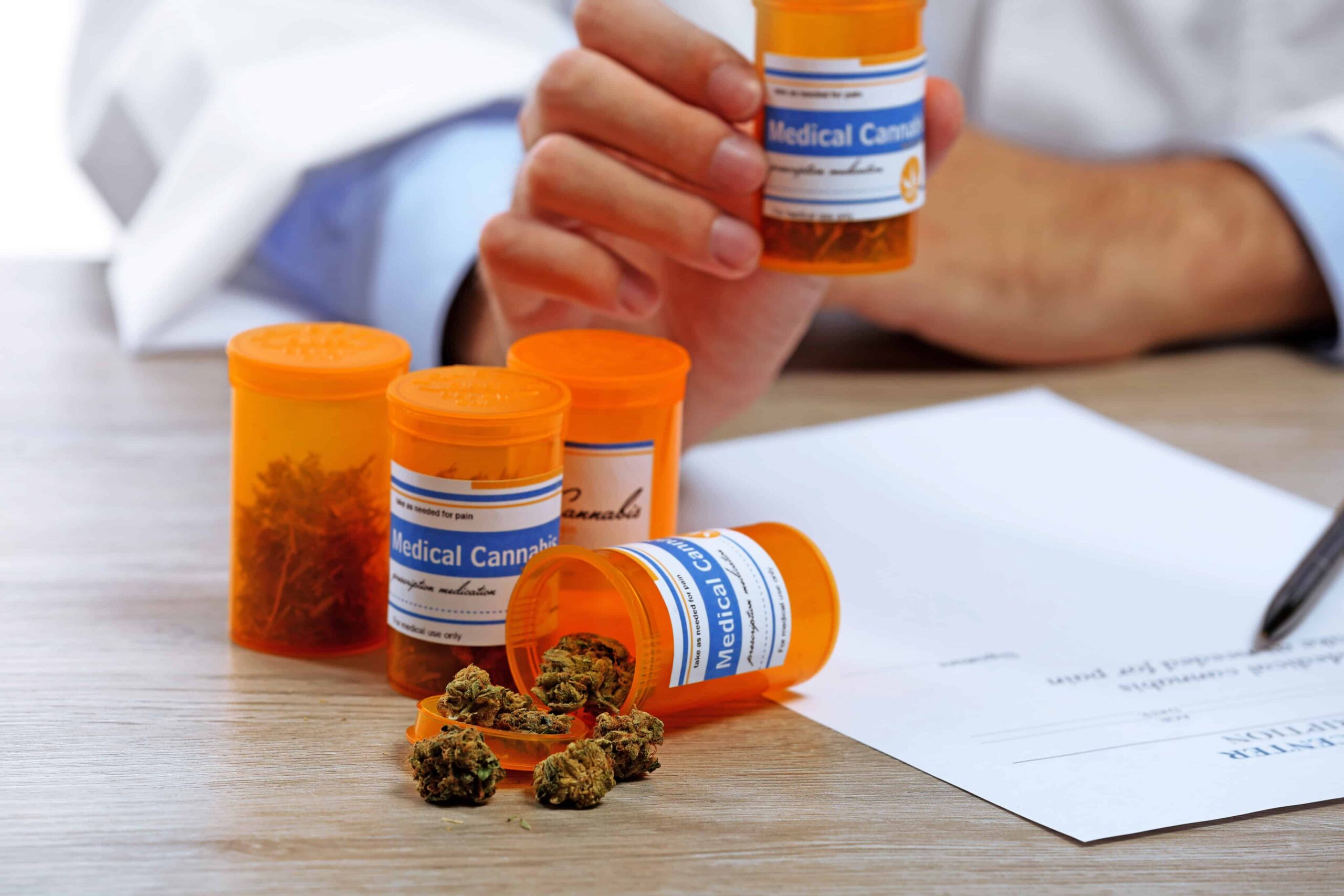
Texas expands restrictive medical marijuana program to fight opioid epidemic
Texas is expanding its restrictive medicinal cannabis program to include patients battling chronic pain, reports the Houston Chronicle, expanding approved THC dosage limits from one percent to 10 mg. While this may seem shockingly low for medical patients in states with more permissive cannabis laws, Texas’ medical marijuana law is currently limited to CBD only, allowing for just 1 percent THC. The new law, which goes into effect on September 1, 2023, might not earn the Lone Star State’s stoner points, but at least it’s a step in the right direction. The original bill attempted to limit the prescribed THC dose to 5 mg, but then changed the bill to a volumetric dose limit of 10 milligrams.
Legal adult cannabis doesn’t exist in Texas, so forget about popping into a dispensary anytime soon to pick up some dabs. The state’s Compassionate-Use Program (CUP) was originally passed in 2015 and restricted medical use of less than one percent cannabis to intractable epilepsy. The list of qualifying conditions was expanded by the Texas Legislature in 2019 and again in 2021 to include autism, cancer, multiple sclerosis, post-traumatic stress disorder, multiple sclerosis, and several others.
Now the Texas legislature has drafted a bill that would add “a condition that causes chronic pain for which a doctor would otherwise prescribe an opioid” to the list. According to the CDC, one in five Americans lives with chronic pain. Under the newly passed Texas law, the Department of State Health Services may specify which “debilitating medical conditions” are eligible for the program.
The bill, HB 1805l, was authored by Republican Rep. Stephanie Klick and passed the House Public Health Committee by a 10-0 vote on Monday, March 20. In early March, the Texas legislature held a hearing on Democrat Joe Moody’s House Bill 218, which, if passed, would lower penalties for possession of cannabis and cannabis concentrates.
While Texas cannabis laws, consistent with their other social policies, such as by allowing cannabis for chronic pain sufferers. According to the National Institutes of Health, more than 106,000 people died in the United States in 2021 from drug overdoses, including illicit drugs and prescription opioids. According to the Texas Workforce Commission, Texas saw an 80% increase in synthetic opioid-related deaths in 2021 compared to 2020. Furthermore, as Benzinga points out, a recent study shows that direct payments from opioid manufacturers to physicians have increased significantly after the legalization of medical cannabis and decreased. And as a reminder, even the DEA reports no deaths from cannabis overdoses. While recreational weed is illegal in Texas, if you need a deadly reminder of the hypocrisy of strict marijuana laws, you can pick up some nasty (and deadly) synthetic THC options.
While Texas cannabis laws are severely restricted, they don’t necessarily align with the state’s citizens’ views on the plant. According to a University of Houston study that conducted an online poll of 1,200 Texas adults ages 18 and older, 4 in 5 adults said they would support an expanded medical marijuana program. Respondents also said they support the decriminalization of marijuana possession, and two-thirds said they would support the legalization of adult recreational use. So while the newly passed law is a win for chronic pain sufferers, state legislators have a lot of work to do if they are to accurately address the needs of their constituents.

Post a comment: